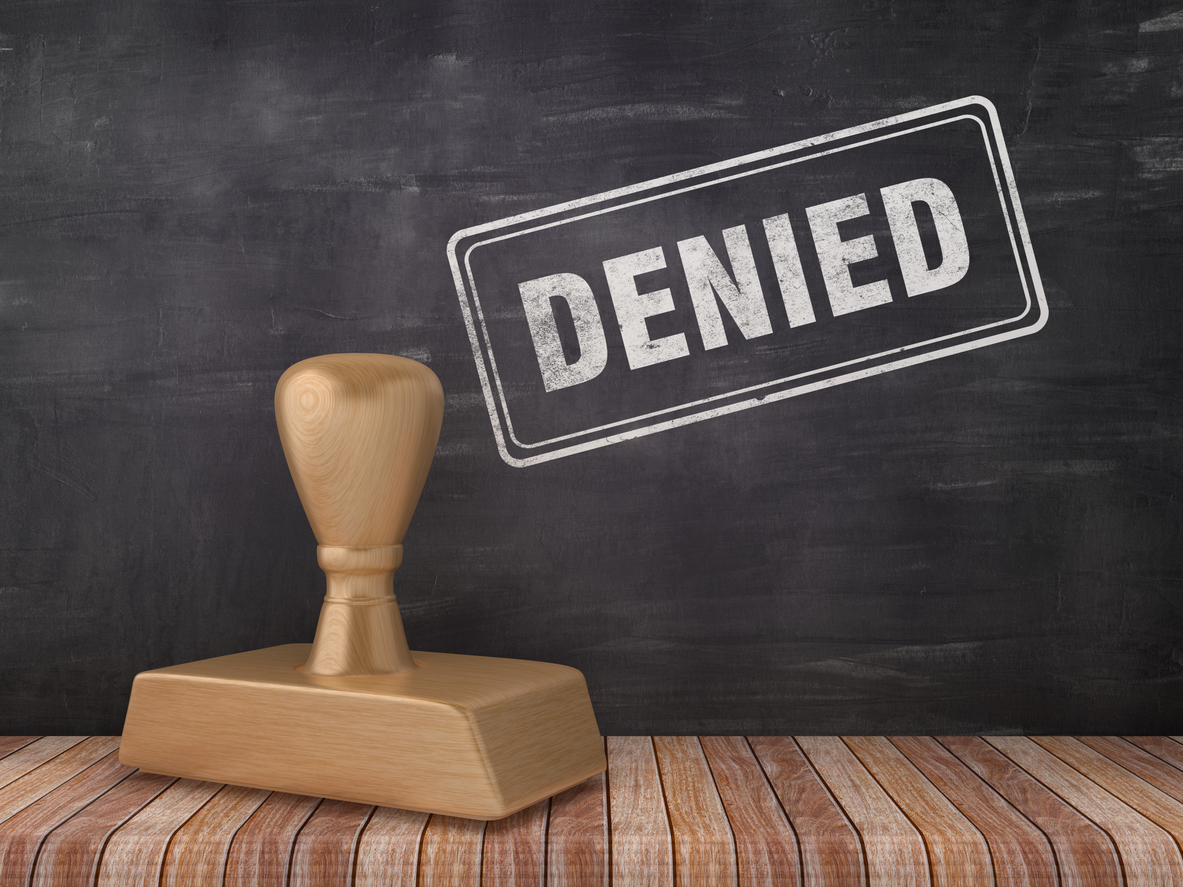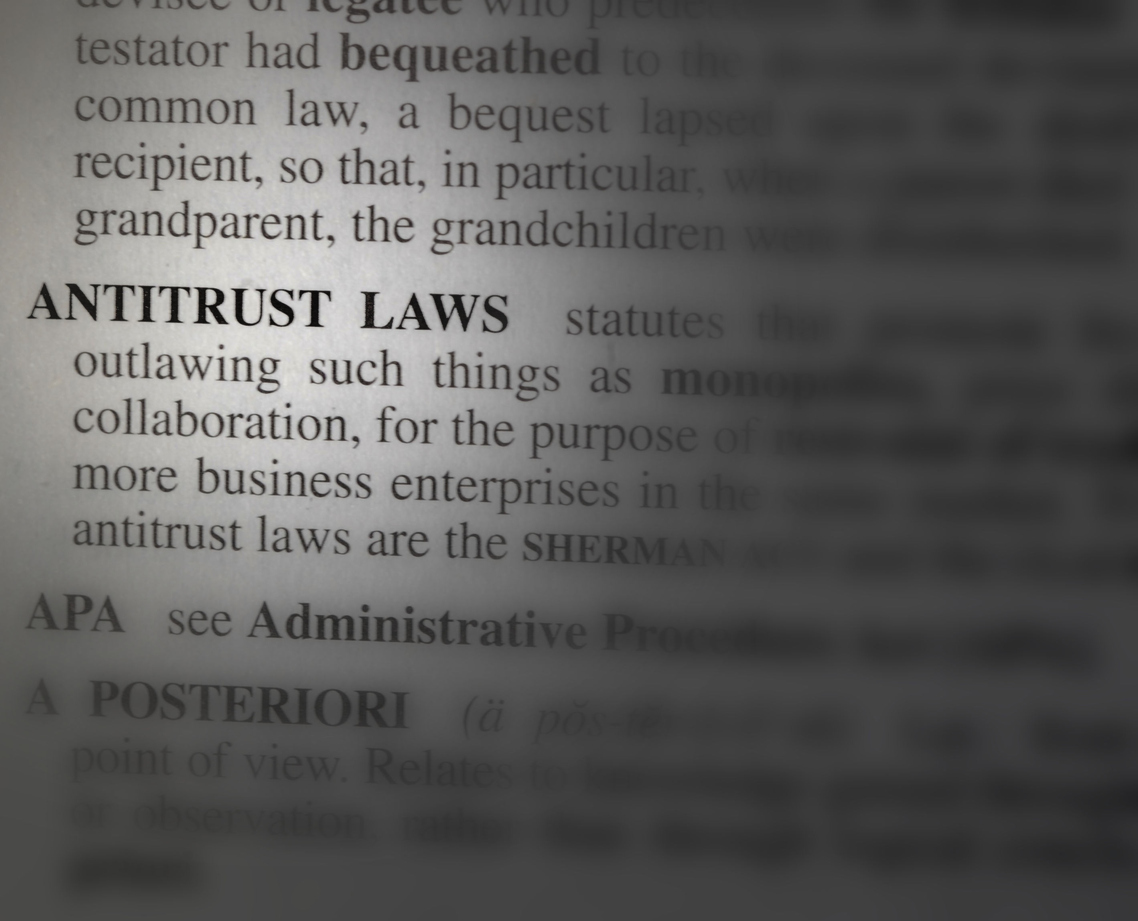What good are claims handling standards if there is no accountability or penalties for failing to adhere to them? This was my initial thought after considering a FEMA Claims Bulletin which applies to National Flood Insurance claims and its adjusters’ duties of good faith and fair dealing. I am hearing many complaints about arrogant Hurricane Sandy flood claims adjusters providing dismal treatment to New York and New Jersey policyholders.
Public adjuster Ron Delo alerted me to a December 7, 2011, Claims Bulletin, which provides the following about National Flood’s opinion whether it is subject to state remedies for bad faith:
This Bulletin addresses participating Write Your Own (WYO) company communication with various State insurance commissioners and regulators who may be interested in company activity as a result of significant flooding events occurring in a State or other political jurisdiction.
State insurance commissioners and regulators are elected and appointed public officials who are generally authorized to regulate private commercial insurance practices within their jurisdiction. That authority typically includes the authority to review insurance company financial solvency, company ability to deliver insurance services within the State, and many regulate insurance agent and insurance adjuster licensing. FEMA recognizes the public services provided by the State regulators and, indeed, the NFIP benefits from their oversight and audit activities and uses State audits and financial information about companies when conducting our own review. Accordingly, FEMA has waived its sovereign immunity and general immunity from State taxation of premiums to compensate States for their efforts. FEMA also acknowledges that State regulation does not and cannot extend to the NFIP, which is particularly a creation of the Federal government and is exclusively administered by FEMA.
…To clarify, FEMA encourages WYO companies to cooperate with interested State insurance commissioners and regulators with general flood insurance inquiries. Consistent with State and Federal requirements and practices, it is appropriate for WYO companies to respond to inquiries relating to the status of claims in the aggregate and the status of a specific claim, and to provide routine aggregate flood claims information. It also is appropriate for a company to identify that it is the insurer for a particular building or its contents and to acknowledge a specific claim. It is not necessarily required for a WYO company to respond to requests for information designed to assess compliance with state law-based unfair claims practice standards, which are inapplicable to the NFIP.
By this Bulletin, FEMA is encouraging cooperation and comity with State insurance commissioners and regulators. FEMA is not relinquishing any of its statutory oversight responsibilities or authority as set forth in the National Flood Insurance Act, 42 U.S.C. Section 4001 et seq., (the “Act”) and implementing regulations. The Act, the Write Your Own regulations at 44 C.F.R. Section 62.23, and the Financial Assistance/Subsidy Arrangement at 44 C.F.R. Part 62, Appendix A, establish that FEMA is responsible for expenditures from the National Flood Insurance Fund, and for establishing the fiduciary relationship whereby participating WYO companies act as fiscal agents for the Federal government. FEMA also is responsible for promulgating and interpreting the various Standard Flood Insurance Policies and for promulgating underwriting and claims handling standards. FEMA continues to be responsible for company oversight, including oversight of claims and claims handling, and is required by statute to administer the NFIP claims appeal process. Accordingly, FEMA does not expect that WYO companies will share specific claims information with State regulators, and is not authorizing the release of specific claims information or documents. FEMA will continue to cooperate with State insurance commissioners and regulators and, if necessary, will assist with inquiries into specific claims. Any such oversight will be under the authority of FEMA. (emphasis added)
FEMA has successfully made this argument in a number of cases. For example, in Messa v. Omaha Property & Casualty Insurance Company, the U.S. District Court of New Jersey noted:
FEMA, in an amicus curiae brief in the Van Holt case, contended that the state law claims should be dismissed because they are preempted by the NFIA… FEMA argued that “[a]llowing State regulators to breathe down the necks of the WYO companies … would make the 50 States coadministrators of the program along with FEMA, a result Congress plainly did not intend. It would also deprive the program of the national uniformity Congress did intend, and make a hodgepodge of the program, undermining the federal mission.” FEMA stated that if insureds are unhappy with the processing of their claim, they should report it to FEMA….Because the Third Circuit then found that there was no evidence of fraud or bad faith to support claims under the Consumer Fraud Act or New Jersey tort law, and thus that those claims lacked merit, it found that it need not address FEMA’s argument that the NFIA preempts state-law claims.
Agreeing that WYO carriers cannot be sued for bad faith claims handling, the Court held:
Plaintiffs’ claims against defendant in this case are nothing more than a disagreement with defendant’s decision to pay less on the claim than plaintiffs believe is warranted. Plaintiffs may still pursue that claim through their breach of contract action based on the SFIP itself. However, plaintiffs are not entitled to receive compensatory, punitive, or consequential damages, or attorney’s fees, for alleged bad faith during the National Flood Insurance Program claims handling process, because federal law does not provide for those remedies in this type of case.
…this Court will grant defendant’s motion to dismiss all state law-based, extra-contractual claims for damages, punitive damages, consequential and incidental damages, and attorney’s fees based on malicious behavior and a violation of a duty to act in good faith. Plaintiffs may proceed on their claim for breach of contract alone.
Many federal courts have reached a similar conclusion. The problem is some field adjusters and flood claims managers employed by WYO companies are acting wrongfully in adjusting New York and New Jersey flood claims and using this bulletin and case law to justify their wrongful actions.
As I recently noted in The Mythical National Flood Claim Memo and Sandy Flood Claims, Congress has reviewed claims handling by National Flood adjusters in the past. It may be time for Congress to again address this situation because without a legal remedy, certain National Flood adjusters may be harming their constituents more than they are helping them.



